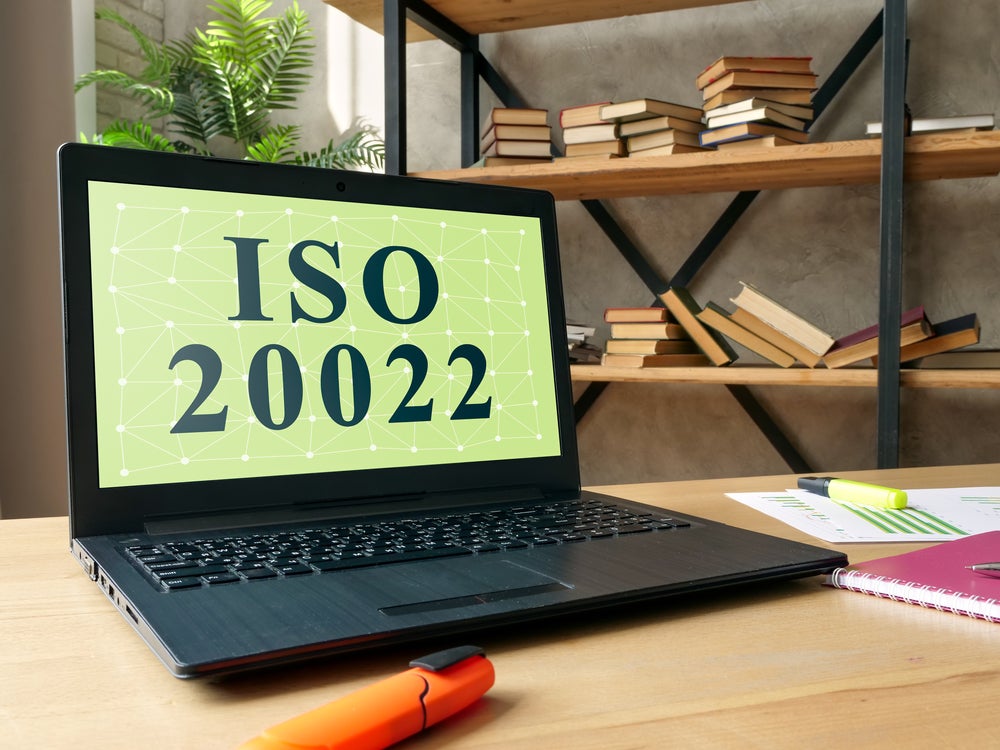With many Western European
markets now approaching or already past the point of saturation in
terms of cards issued, attention is turning to the promising
markets of Central and Eastern Europe, the Middle East and Africa,
where issuance efforts have rapidly gathered pace in the last
couple of years.
An estimated 65% of the Middle East
region’s population is under the age of 30 and real GDP per capita
increased by about 4% per year from 2004 to 2006. In markets such
as Qatar and Bahrain, real GDP growth per year is in the
double-digit range, far outstripping GDP growth in developed card
markets. Huge resources of natural energy and capital inflows in
markets like Saudi Arabia and the United Arab Emirates (UAE) have
helped to underpin rapid economic growth which has trickled down
into increasing consumer wealth, helping to drive the growth of the
service and financial industry sectors.
The importance of the CEMEA region
to Visa is evident in the fact that, as of June 2009, the region
contributed 11.3% of Visa’s total global volume (excluding the Visa
Europe region, which operates as a separate entity to the rest of
Visa Inc).
Ruth Burton, head of acceptance for
Visa CEMEA, spoke to CI back in 2009 about the challenges
and opportunities that lie in such a diverse region. Describing the
level of merchant acceptance across CEMEA, Burton told CI
it is still very much a developing region and, although in recent
times emphasis has been placed onto getting cards out into the
marketplace, the focus is now switching to building up a matching
level of infrastructure.
How well do you really know your competitors?
Access the most comprehensive Company Profiles on the market, powered by GlobalData. Save hours of research. Gain competitive edge.

Thank you!
Your download email will arrive shortly
Not ready to buy yet? Download a free sample
We are confident about the unique quality of our Company Profiles. However, we want you to make the most beneficial decision for your business, so we offer a free sample that you can download by submitting the below form
By GlobalDataDeveloping payment
infrastructure
“What we are finding now is we have
got quite a good base of issuance, but infrastructure for
acceptance tends to be not as well developed, particularly in terms
of domestic infrastructure, and this is a common theme across all
of the CEMEA countries,” Burton said.
“I would say this is one of our
major challenges in terms of how to build out that domestic
infrastructure. If we look at the Middle East, Dubai is a pocket of
good acceptance.
“Let’s take a market like Saudi
Arabia, which you would expect to be quite well developed because
of international business travel there. POS points in Saudi Arabia
would be around 70,000-80,000 and that is with seven acquiring
banks, so that is quite a small base in terms of POS per acquiring
bank and about 35% of that belongs to one acquirer.”
However, considering a lot of these
markets didn’t have payment cards until a decade ago, Burton said
that a lot of progress has been made in a short space of time.
“If we look at a typical
development curve, what happens in our markets tends to be what has
happened in the US and Western Europe, so the region tends to
follow behind by about five years,” she told CI.
“Generally speaking, about 85% of
the region is still using cash – consumers will typically go to the
ATM and take out cash and spend it. But I never see the effort to
grow acceptance as solely focused on getting POS machines out and
having the acquiring strategies correct – I see it as a joint
effort with the issuing banks to get cardholders into that habit of
using their cards at POS.”
With so many disparate strands to
pull together, Burton says close co-operation with different
regulatory bodies is an important element in raising card
acceptance levels, not just to increase Visa’s reach, but also to
facilitate the migration from cash to electronic payments. There
are also industry pushes, such as the migration to EMV, that are
helping to boost acceptance levels in certain markets.
“There have been well-published
dates in place for liability shift for some time now and CEMEA
markets are still working on the migration to chip,” Burton said.
“For example, Saudi Arabia has mandated that everything be moved to
chip by July 2010.”
Recent product
launches
In relation to recent product
launches, Visa is also working proactively with banks and merchants
in the Middle East region. The Ibn Battuta Mall prepaid gift card
was launched in August 2009, in conjunction with Visa CEMEA,
Nakheel Retail Shopping Malls (owner of the Ibn Battuta Mall), and
payment processor Global Processing Services.
The card, launched on the Visa
Electron platform, is issued by Union National Bank, based in the
UAE, and is available to purchase at all the mall’s information
counters.
The Ibn Battuta Mall gift card is
the first prepaid open-loop gift card to be launched in the Middle
East and is also the first prepaid product of any type to be
co-branded and distributed by a third party and not directly by a
bank.
In the Middle East, corporate,
payroll and remittance prepaid solutions are expected to grow
strongly over the next few years, but according to Stuart Isted,
business development manager at Visa CEMEA, consumer prepaid
offerings such as the Ibn Battuta gift card have positive prospects
too.
“The benefit of the prepaid
category is that it has a broad spectrum of product propositions
which provide an effective way to extend financial services in
segments that have previously relied on cash,” Isted told
CI.
“In brief, each issuer will have
their specific business objectives whether that is to deepen
corporate relationships or to identify new consumer customers or
cross-sell to an existing base. The Ibn Battuta card is a hybrid of
all these factors as it supports the mall in reducing cost of cash
and developing a wider brand preference and supports the issuer in
their corporate and consumer relationships.”
For Visa CEMEA, the advent of new
payment technology will undoubtedly help access and usage of
prepaid solutions, but it is consumer education above everything
else which will drive growth.
“The key aspect for any prepaid
sector is consumer awareness, bringing those who are underserved
into financial services and explaining the benefits of prepaid and
remittances is important in developing the segment,” Isted
said.
“The market is continually evolving
for prepaid and as we have seen over the past few months there have
been a number of launches across a variety of product categories
within prepaid,” he added. “Visa’s leadership role in continuing
the development of prepaid in the region is to create awareness
both at a bank and a consumer level.
“The scope of prepaid products
means that there are a wide variety of areas which issuers can tap
and I expect that the prepaid category will continue to replace
cash as issuers become more adept at identifying opportunities that
resonate with them.
“Our aim at Visa is to support stakeholders and help them to
develop winning propositions.”







